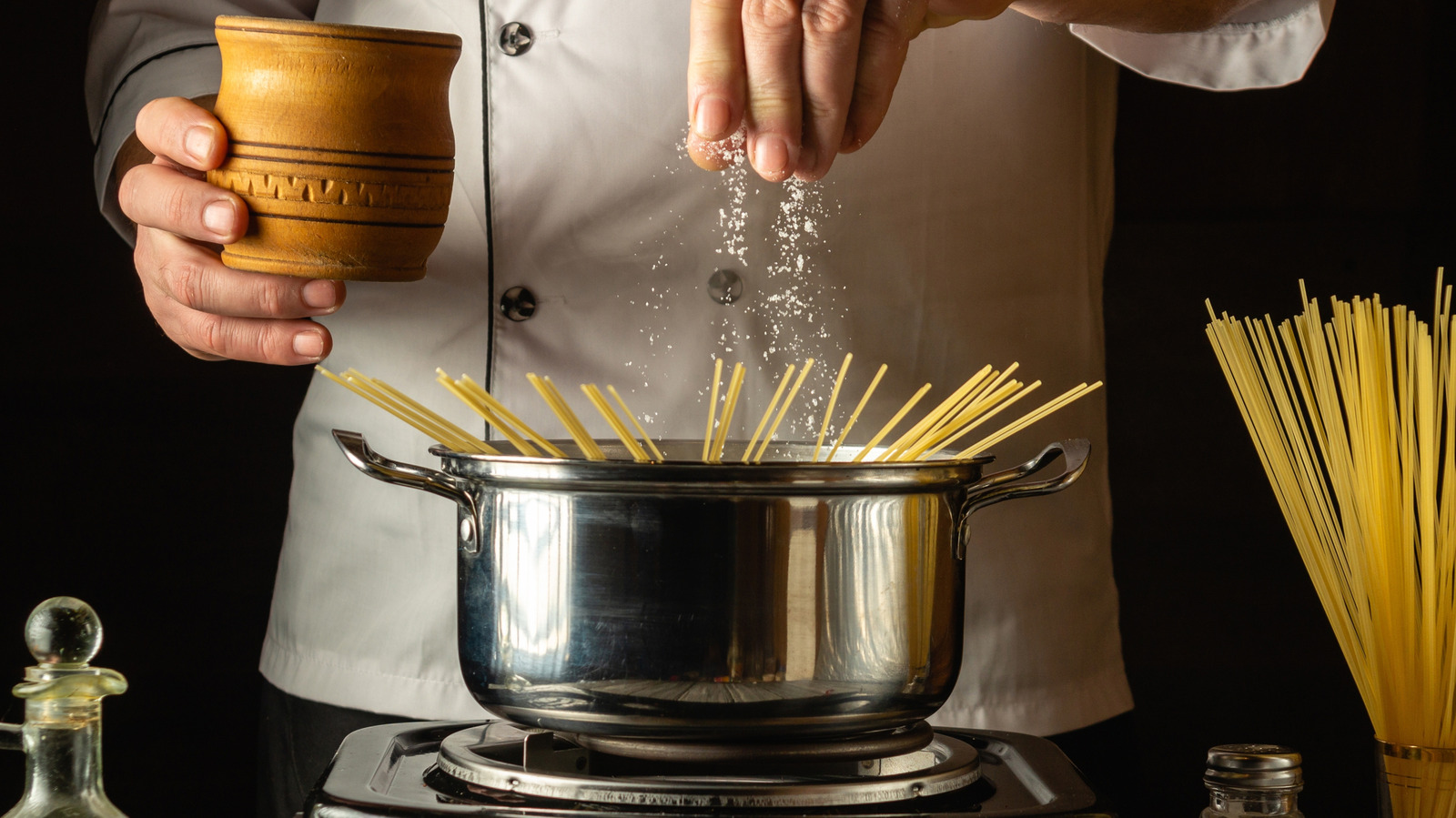
"Specifically, it's usually best to salt your food - from soups and stews to French fries - while you're cooking, since heat allows for the best absorption and distribution of the spice. This will produce optimal flavor. Due to the energy of thermal heat exchange in cooking, salt absorbs more readily in heat than in cold conditions. Take, for instance, salting a pot of water before boiling pasta or Yukon Gold potatoes."
"On the other hand, if you salt vegetables, meat, or noodles after cooking them thoroughly, the spice is likely to mostly stay on the exterior of the food while the food cools down rapidly. The difference is a more immediate punch to your taste receptors, as opposed to a balanced saltiness that adding salt while cooking with heat can bring."
"In her cookbook and Netflix special, "Salt, Fat, Acid, Heat," chef Samin Nosrat emphasizes the importance of salt in a recipe to enhance and draw out flavor, as well as heat to transform the texture and taste of a dish. How to season different sauces and other foods depends on the recipe at hand. But generally, adding salt at the beginning will help it to dissolve and release its flavor, especially under the heat gene"
Salt absorbs more readily in heat than in cold conditions, so salting during cooking promotes better absorption and distribution throughout food. Adding salt to boiling water lightly raises the boiling point but primarily seasons pasta or potatoes as they cook. Salting hot vegetables or potatoes while they roast or boil lets salt penetrate skins and fibrous cell membranes, enhancing internal flavor. Salting after cooking tends to leave salt on the exterior, producing a sharper immediate taste rather than balanced seasoning. Seasoning approaches vary by recipe, but adding salt early helps it dissolve and release flavor under heat.
Read at Tasting Table
Unable to calculate read time
Collection
[
|
...
]